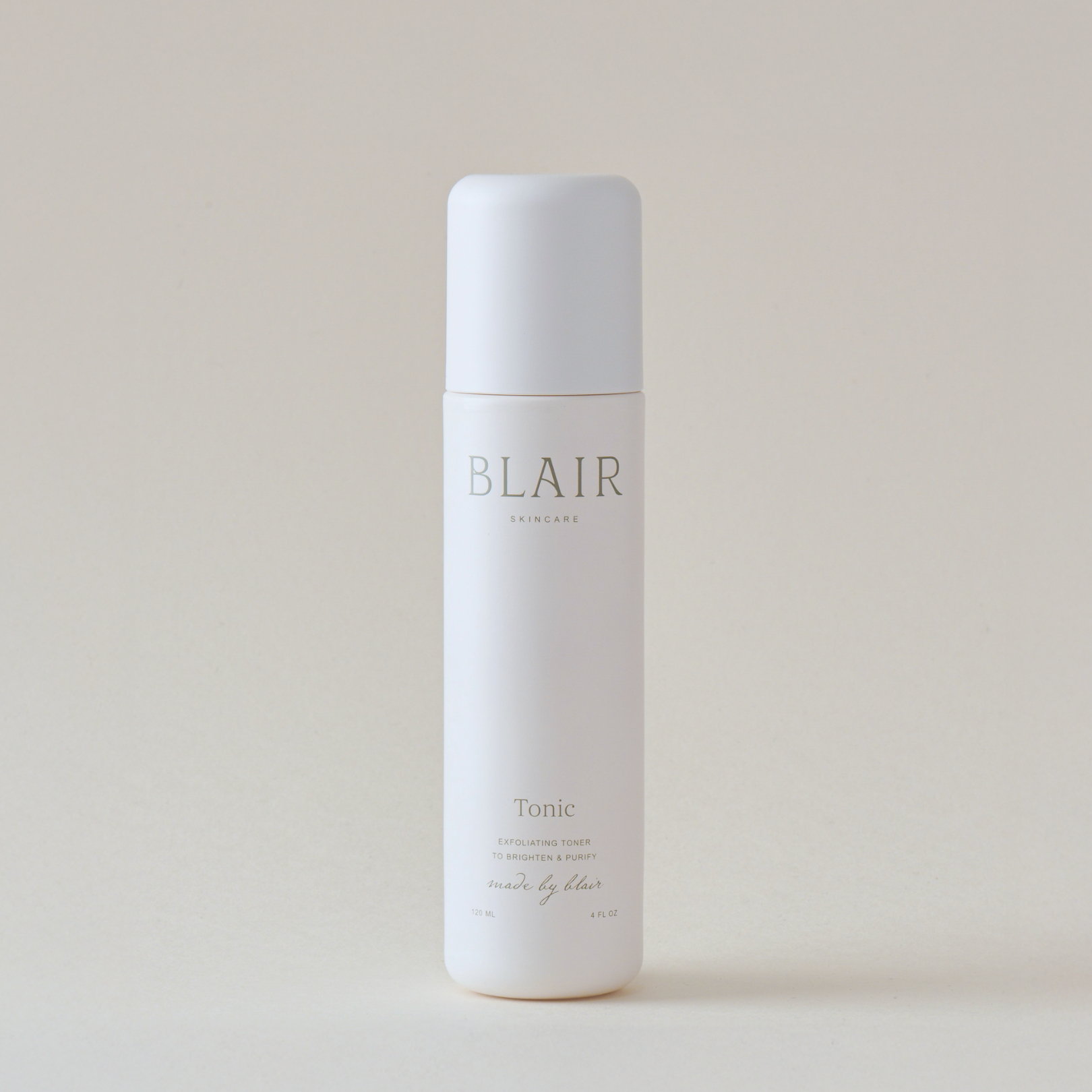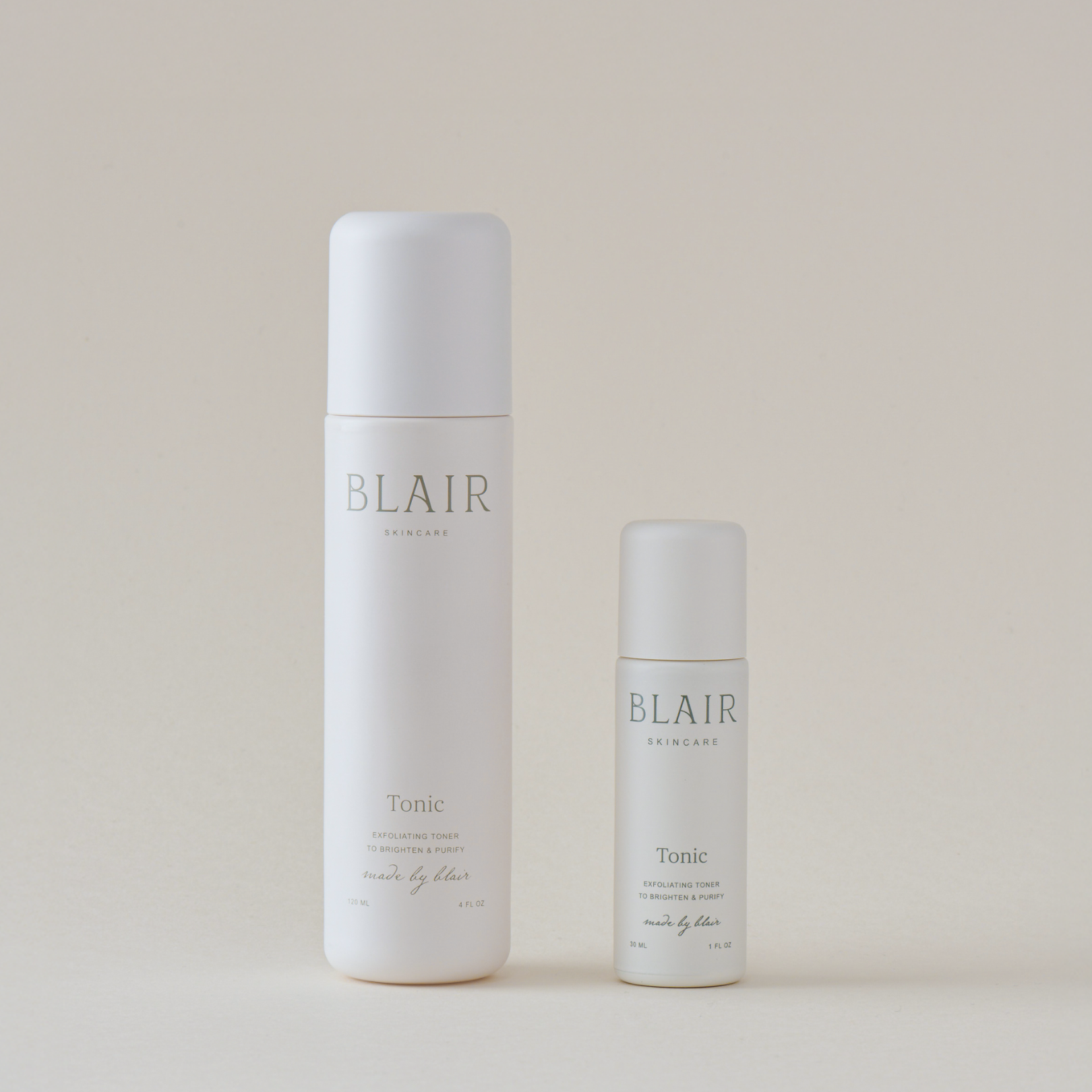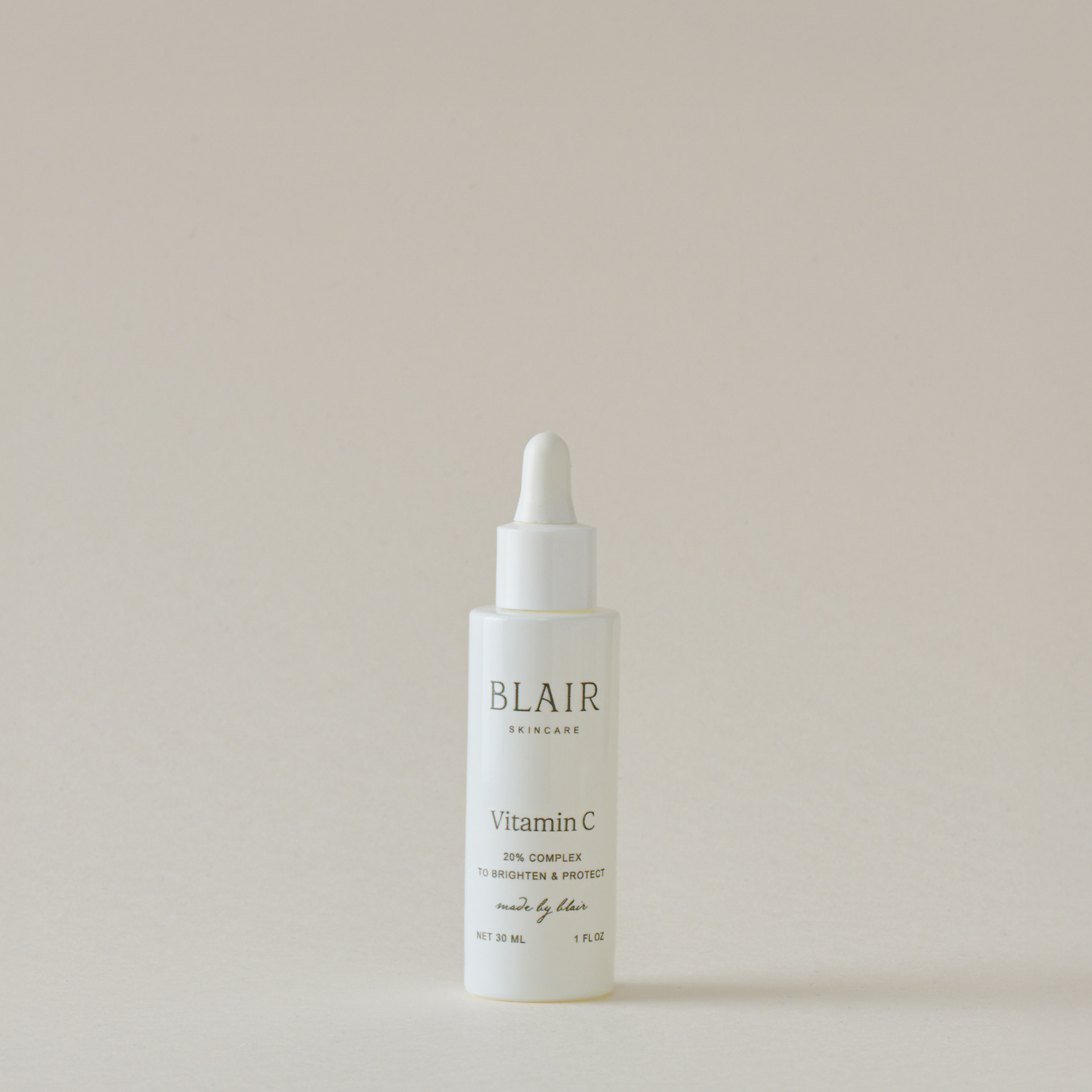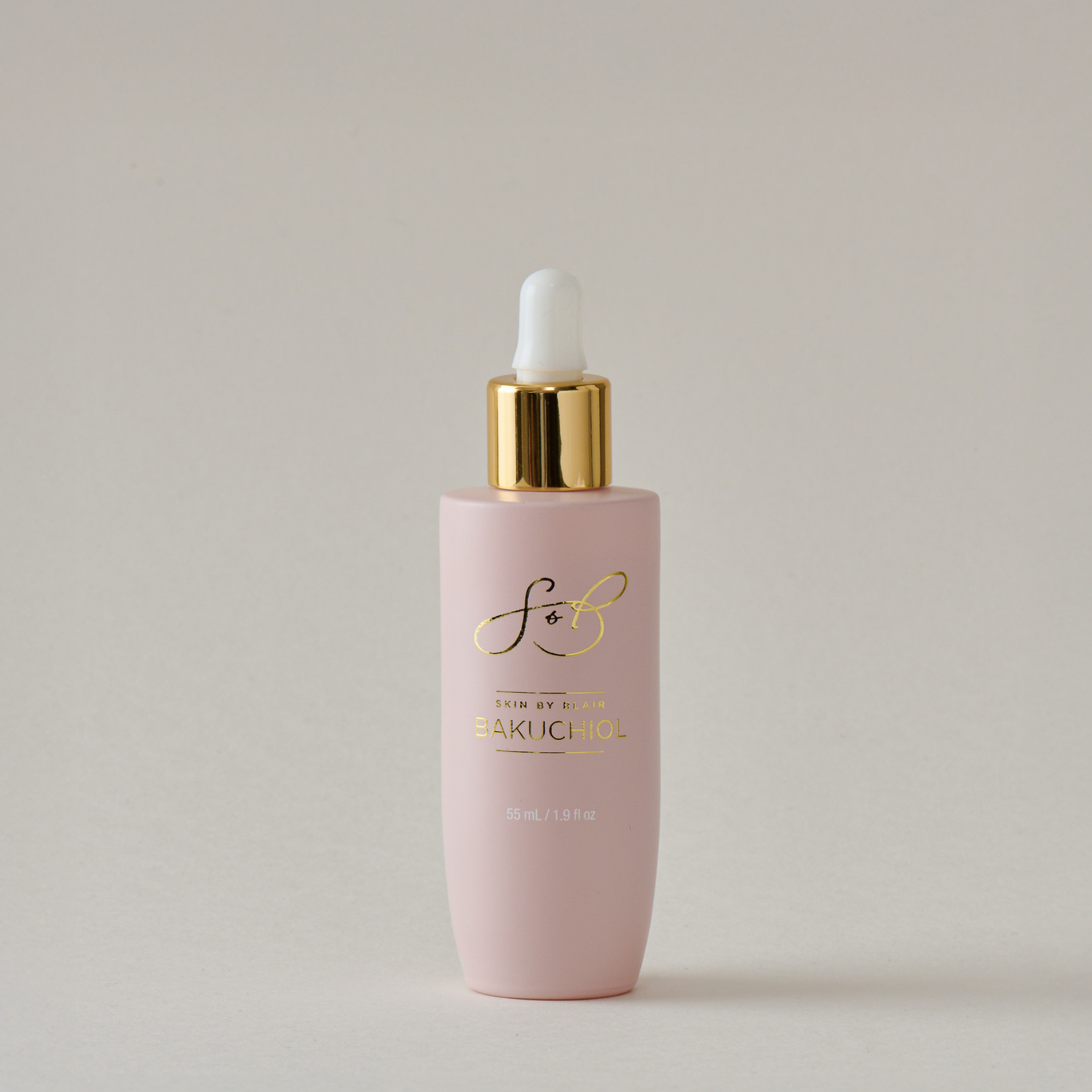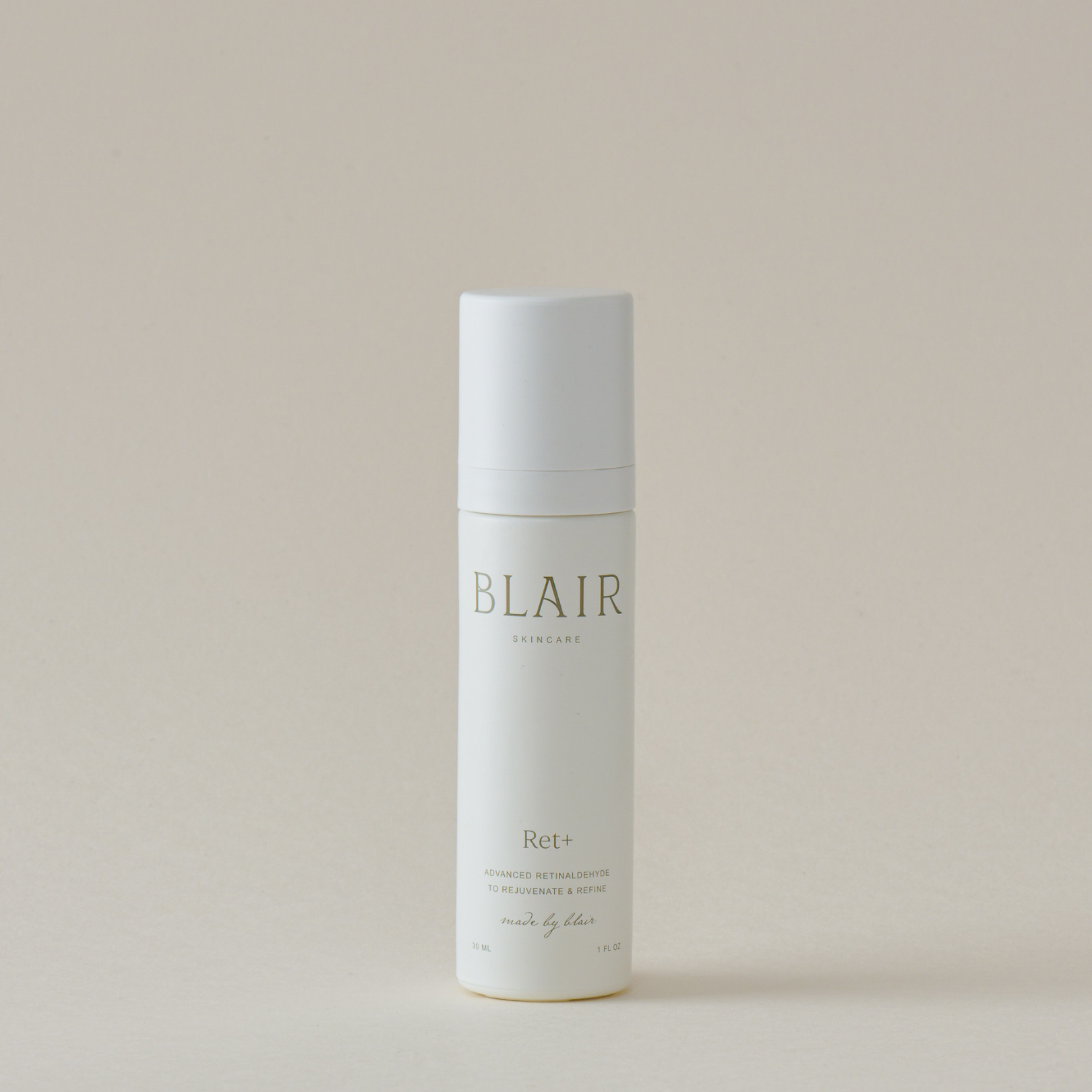Benefits of increased skin cell turnover:
Increases collagen production: Skin cell turnover is closely linked to collagen production. Collagen is a protein that provides structure and firmness to the skin. As old skin cells are shed and replaced with new ones, it stimulates the production of collagen, which helps maintain skin elasticity and prevents sagging.
Improves repair & healing: Skin cell turnover is essential for repairing damage caused by environmental factors such as UV radiation, pollution, and oxidative stress. New skin cells replace damaged ones, aiding in the healing process and maintaining skin health.
Reduces wrinkles: A faster rate of skin cell turnover can help reduce the appearance of wrinkles and fine lines. New skin cells replace older ones, resulting in smoother, more youthful-looking skin.
Evens skin tone: Skin cell turnover also helps improve skin tone by reducing hyperpigmentation and discoloration. As old, damaged cells are shed and replaced with new ones, it can result in a more even complexion.
Prevents clogged pores & acne: Increased skin cell turnover helps prevent the buildup of oil, dirt, and dead skin cells that can clog pores and lead to acne breakouts.
Enhances penetration of skincare products: By exfoliating the outermost layer of the epidermis, the barriers are removed that may hinder the absorption of beneficial ingredients such as antioxidants, moisturizers, and collagen-boosting peptides. This enhanced penetration can further support skin health and function.






